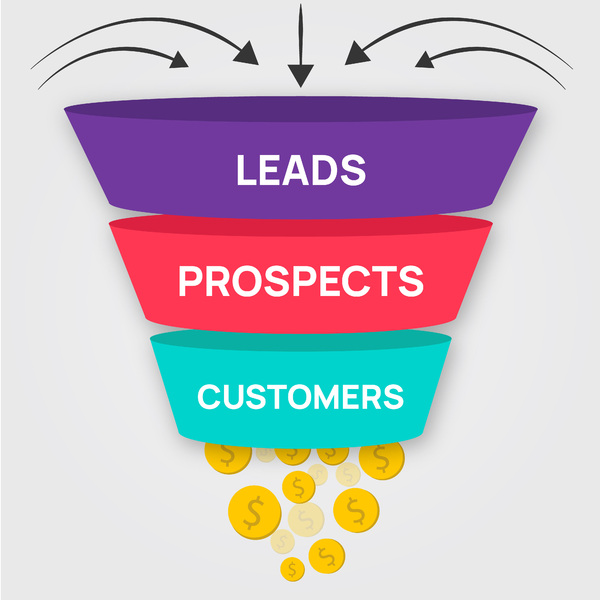Introduction:
In today’s rapidly evolving digital landscape, businesses across all industry verticals are facing the challenge of staying ahead of the competition. The advent of new technologies and digital platforms has significantly reshaped the way companies approach marketing and advertising. To stay relevant and drive sustainable growth, businesses need a thorough digital marketing roadmap. This case study explores the implementation of a comprehensive digital marketing roadmap for Company X, highlighting the key strategies and tactics employed to achieve success.
 Background:
Background:
Company X, a leading consumer goods company, faced increasing competition from both large established players and emerging startups. Their traditional marketing approach through print media and TV advertising was struggling to reach their target audience effectively. Recognizing the need to adapt to the digital age, Company X embarked on a journey to transform their marketing strategies through a well-defined digital marketing roadmap.
Defining Objectives:
The first step in developing the digital marketing roadmap was to clearly define specific objectives. Company X aimed to increase brand awareness, boost online sales, and improve customer engagement and loyalty. These strategic objectives would guide the subsequent tactics and initiatives undertaken throughout the roadmap implementation.
Customer Segmentation:
To effectively target the right audience, Company X undertook in-depth customer segmentation analysis. By leveraging big data analytics and conducting comprehensive market research, the company identified their primary consumer groups and their specific preferences, behaviors, and needs. This allowed Company X to tailor marketing campaigns and messages that resonated with each segment, Digits Marketer maximizing engagement and conversions.
 Website and User Experience Optimization:
Website and User Experience Optimization:
Recognizing the importance of a strong online presence, Company X invested heavily in optimizing their website and enhancing the user experience. Collaborating with experienced web developers and UX designers, they improved the site’s speed, functionality, and mobile responsiveness. Additionally, effective call-to-action prompts, informative product descriptions, and attractive visuals were integrated to create a seamless and enjoyable customer journey.
 Search Engine Optimization (SEO):
Search Engine Optimization (SEO):
To enhance their visibility in search engine rankings, Company X implemented a comprehensive SEO strategy. They conducted extensive keyword research to identify relevant search terms and optimized their website accordingly. Regular content creation and blog posts aimed at providing valuable information to their target audience were published. This led to improved organic rankings and increased organic traffic to their website.
Paid Advertising Campaigns:
In order to drive immediate results and reach a wider audience, Company X leveraged paid advertising campaigns across various platforms. By utilizing social media advertising, pay-per-click (PPC), and display ads, they targeted specific consumer segments based on location, age, interests, and browsing behaviors. Continuous monitoring and analysis of campaign performance allowed for real-time adjustments and optimization, ensuring a high return on investment.
Social Media Marketing:
Understanding the power of social media in today’s digital landscape, Company X developed a robust social media marketing strategy. They identified the platforms most frequented by their target audience and built a comprehensive communication plan. Engaging and interactive content, influencer collaborations, and customer support were emphasized. The social media channels also provided valuable insights through feedback and discussions, helping to refine their marketing strategies further.
Conversion Rate Optimization (CRO):
To maximize the effectiveness of their digital campaigns, Company X focused on optimizing conversion rates at every touchpoint of the customer journey. By analyzing user behavior through data analytics tools, they identified potential bottlenecks and areas of improvement. Implementing A/B testing, personalized landing pages, and persuasive call-to-action elements, they increased their conversion rates and achieved higher ROI on their marketing investments.
Conclusion:
By implementing a well-defined digital marketing roadmap, Company X successfully transformed their marketing strategies and achieved remarkable results. Through thorough market research, customer segmentation, and targeted campaigns, they were able to increase their brand awareness, boost online sales, and improve customer engagement and loyalty. Continuous monitoring and analysis of data allowed for agile adjustments, ensuring that Company X maintained a competitive edge in the digital realm. This case study exemplifies the importance of a comprehensive digital marketing roadmap in driving success and delivering sustainable growth in the ever-changing business landscape.
